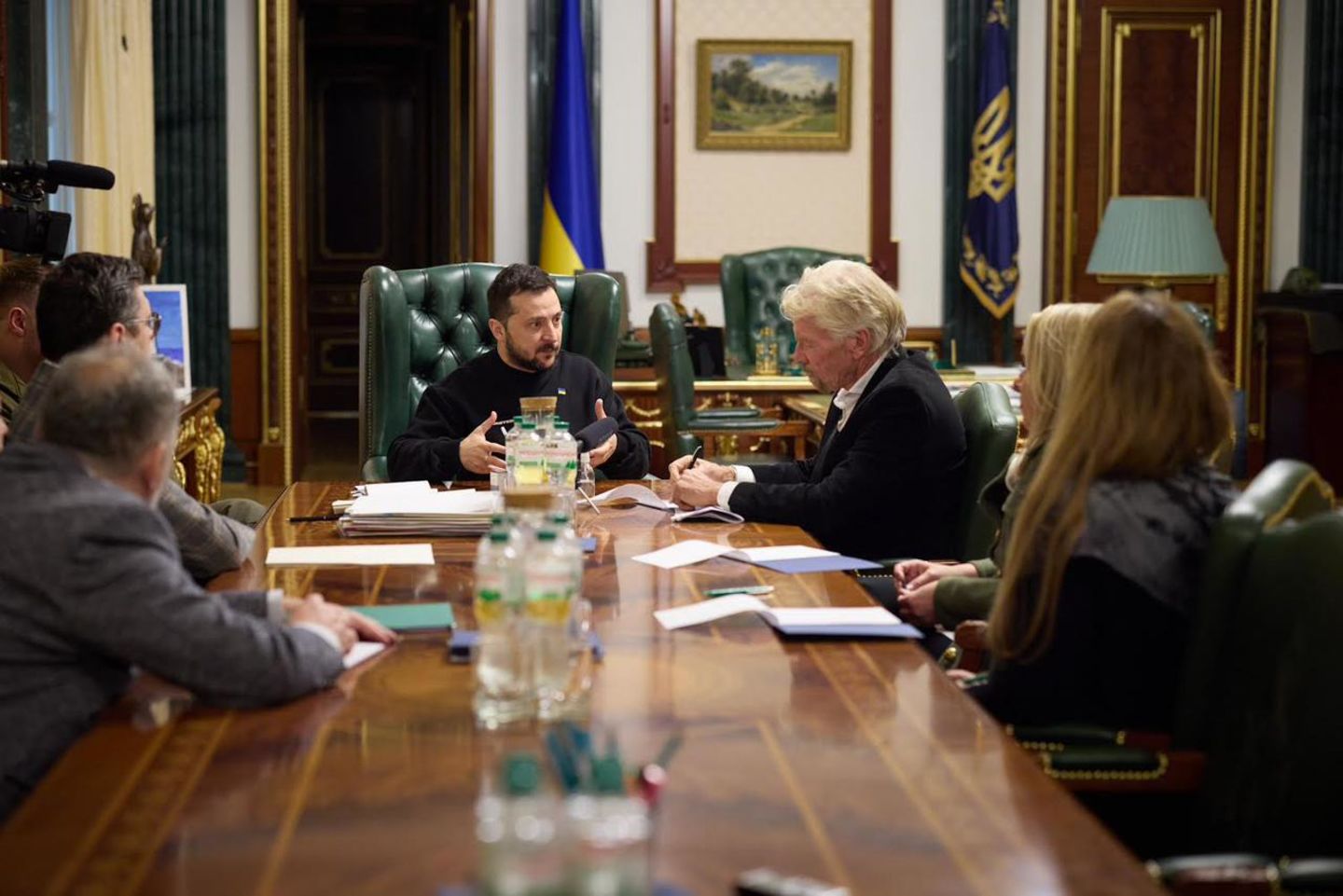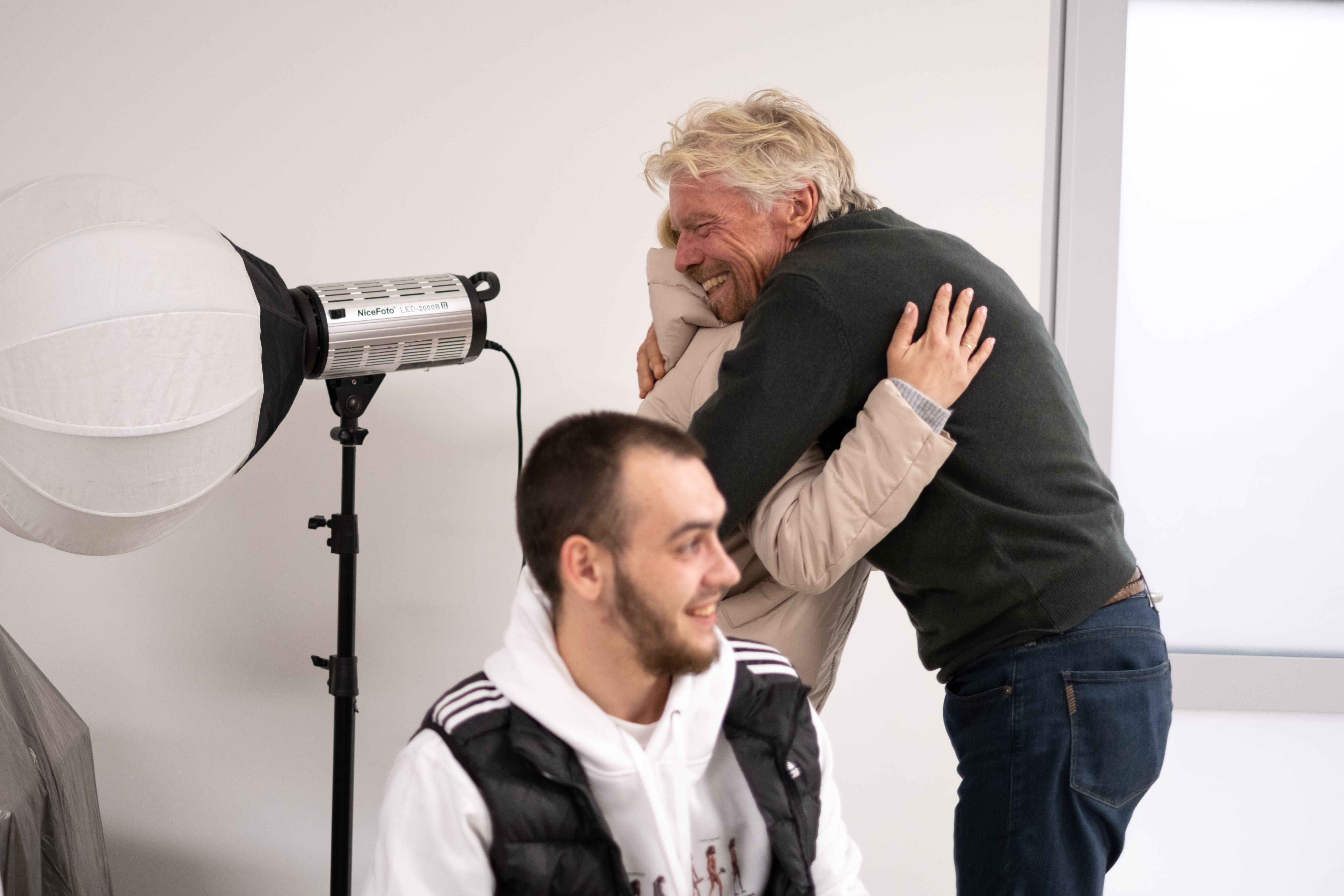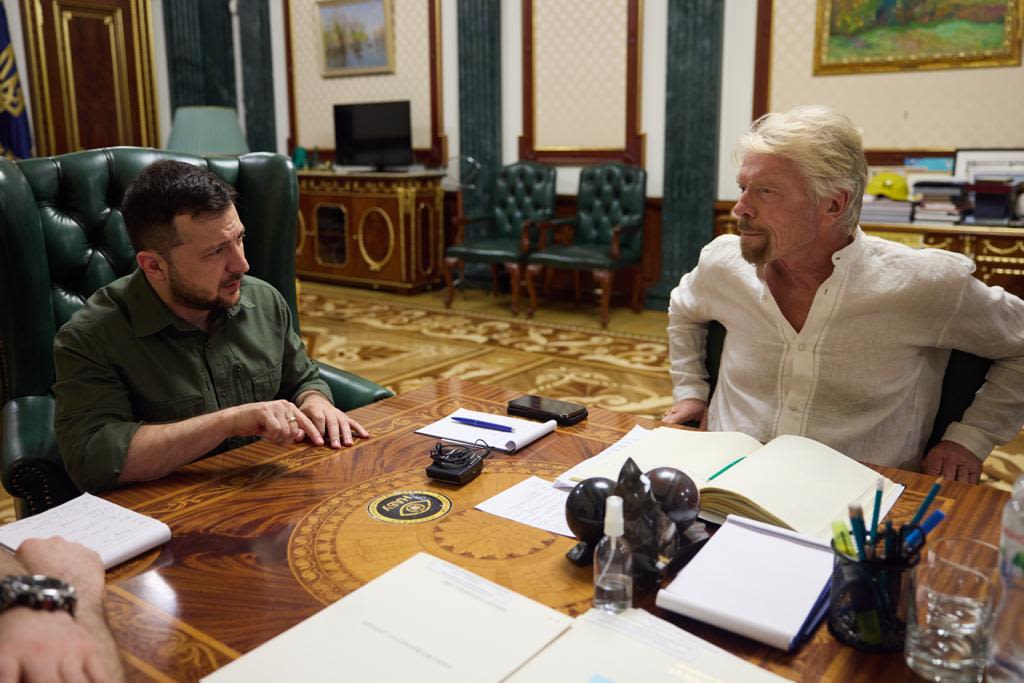Are we really treating Ukraine like a political football?
Reading of Ukrainian President Volodymyr Zelensky’s recent journey to Washington, I was rightly worried that US support for Ukraine would lose momentum and scale. Some members of Congress have made no secret of their disdain for Ukraine’s fight, with Rep Marjorie Taylor Greene spitefully calling a vote for more aid a “blank check” for a “proxy war.”
Not surprisingly, aid for Ukraine has now become a casualty of this weekend’s congressional battle over the US government’s spending bill. To avert a looming shutdown of the US government, Representatives and Senators of both parties voted for a last-minute stopgap bill that does not include any new funding for Ukraine. It’s a disgraceful outcome that could have far-reaching consequences – forced by a small group of Republican extremists who leave many to wonder whose side they are really on.
All of this is devastating, not just for Ukraine and its brave people, but also for those who see the bigger picture. It cannot be said often enough: Ukraine’s troops are defending far more than their own sovereignty and national identity. Their struggle is ours. They are fighting and dying so the rest of us don’t have to. What’s at stake are values and principles many of us hold dear: freedom, the rule of law, universal human rights. Today’s Russia is not a place any of us should want to live in: a corrupt, paranoid autocracy in the obsessive pursuit of pointless imperial ambitions. Reducing critical military support while gradually pushing for a dictated peace on Russia’s terms would not only be an unforgiveable betrayal of Ukraine. It would also legitimise Putin’s political brinkmanship, validate his bogus territorial claims, and encourage further aggressions against Russia’s neighbours. This is no fearmongering. It has happened before. Just ask the Baltic nations.
This is why I encourage Ukraine’s allies to double down on their commitments, particularly to military aid. Let’s also not forget assurances for Ukraine’s safety given by the US and the United Kingdom in 1994, prompting Ukraine to give up its nuclear weapons. The continued stability and prosperity of the free world must not become a casualty of short-term thinking, especially at a moment when Ukrainian troops are reportedly making promising gains on the battlefield.
Of course, that doesn’t mean that Ukraine’s most steadfast supporters don’t want peace. But it’s worth remembering that sometimes peace in indeed worth fighting for, so that future generations, in Ukraine and beyond, can inherit a world where identity, sovereignty and freedom cannot be brushed aside by tyranny and the whims of power politics.





